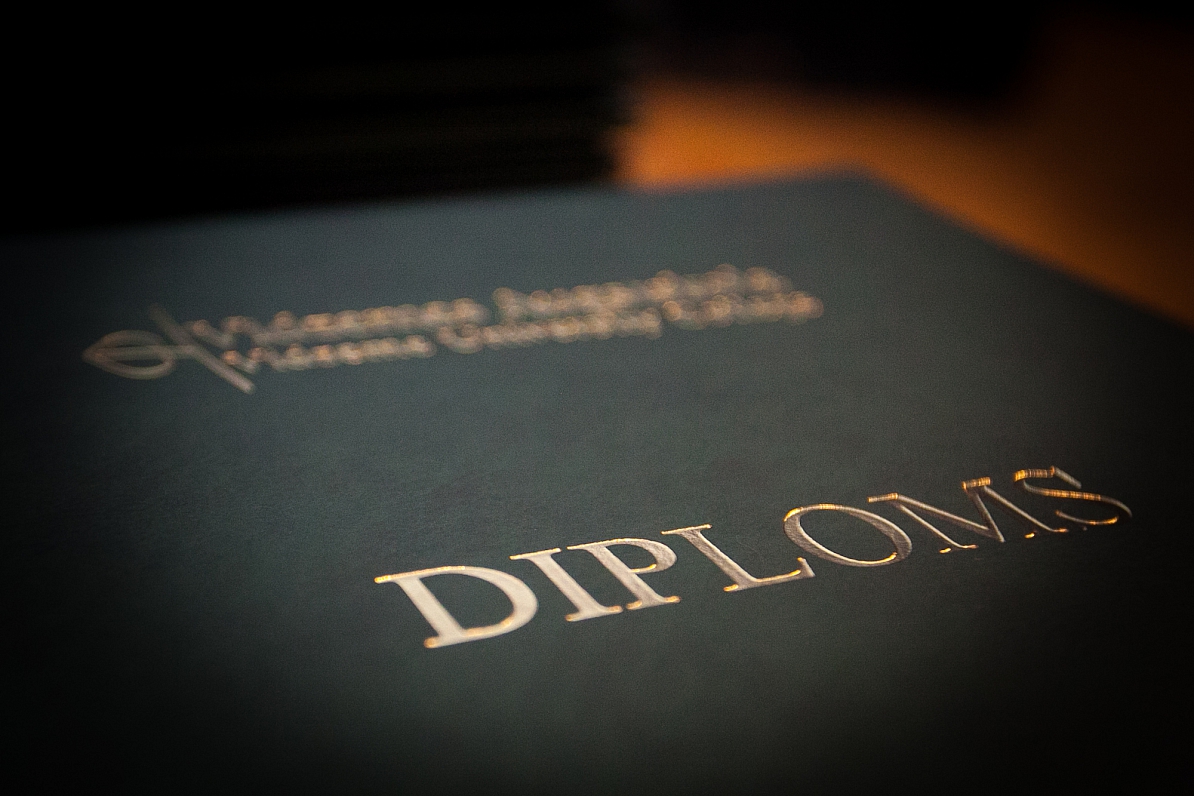Estonia??, Latvia?? and Lithuania?? agreed on automatic recognition of academic qualifications concerning higher education. Read more: https://t.co/ekjaojeDlY pic.twitter.com/lh5KxFM1t5
— Haridus- ja Teadusministeerium (@haridusmin) June 8, 2018
"The agreement we signed today makes it easier for Estonian students to start studies in other Baltic countries and vice versa, for Latvian and Lithuanian students to start studying in Estonia, too. It increases academic mobility, makes our higher education system more open and international and also supports labor mobility," said Estonia’s Minister of Education and Research Mailis Reps.
Recognition of academic degrees, professional higher education diplomas and upper secondary education diplomas is included in the agreement. Higher education institutions and employers in future do not have to ask their local ENIC-NARIC Center (European Network of Information Centers in the European Region and National Academic Recognition Information Centers in the European Union) when students from other Baltic countries want to enter their institution or when they want to hire a person from another Baltic country. In the future the centers’ websites will provide information regarding qualifications, recognized higher education institutions and their curriculums eligible for automatic recognition.
The agreement is a joint effort of the Baltic countries towards creating the European Higher Education Area. Similar agreements are in place in the Benelux countries. At the end of May, European education ministers agreed on finishing the Bologna process by signing the Paris Communiqué. By 2020, European countries aim to reach pan-European implementation of automatic recognition of qualifications.





























